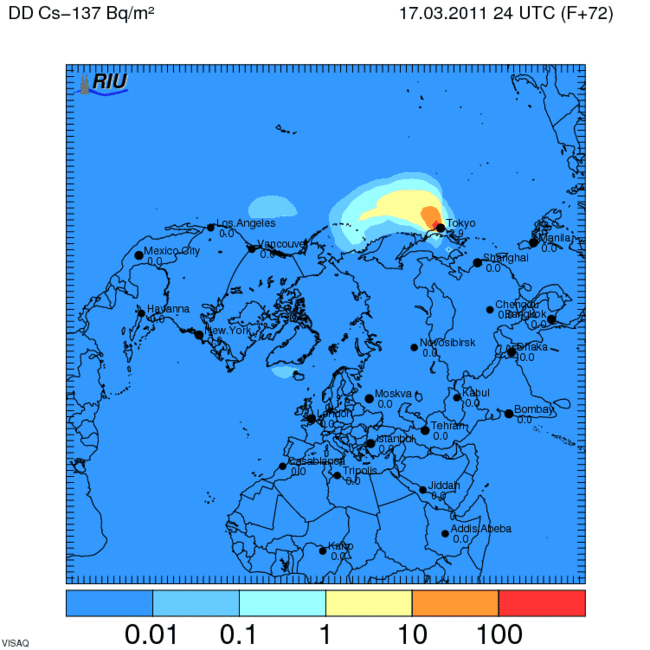Lately there has been a clear movement to move science towards a more open way to make research.
I’m not talking about Open Acess Publishing, which is still important, but to the real art and sweat to do science.
Science has always been very collaborative, however the dimension of this collaborative effort has always been restricted to a small group. This is not the case when general problems seems to be tackle.
For example, when the problem is the definition of a standard, like NeuroML or SBML, the development of it is a community driven project, where the community works as a whole to achieve a standard which is backed by the biggest number of people interested, so can be easily adopted.
The beneficial impact of standard is not the topic of this post, and for the sake of brevity I just want to point out that a well-coded model in a well-recognised standard gives the possibility to share the work of a modeller (in this instance) and make the model be re-used by other people.
On the same line OpenWetWare wanted to share the protocols used in the lab as soon they were established, and actually even before that as ‘Work in progress’.
The ability of a scientist to be a part of a community is not taken in account at all, due to the Publish or Perish system which is right now up and running. This model does not encourage collaboration, and actually create groups of people which are competing on the same topic to scoop each other. This is a broken system.
It’s so broken that some people even decide to leave academia, and that is only one of the cases. A lot of letters are also available in Nature and this article from the Economist got quite famous as well.
Therefore I watched with a lot of interest the new way proposed by Dall’Olio which consist in collaborative editing of papers.
So far, if I didn’t miss any, at least two papers with this approach have been written, which is very interesting and shed a bright light for the future.
Still the number of places available in academia and the way the recruitment is organized uses the current model, which does not fit the market, and it’s prone to discard talented people very easily. There should be at least a live debate on how to fix this problem, and move science to a super collaborative discipline.
Happier scientists and better science sounds good to me.






